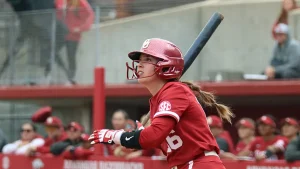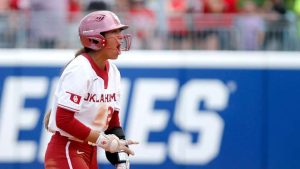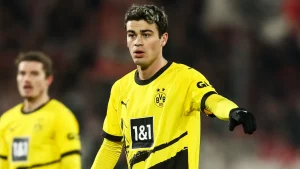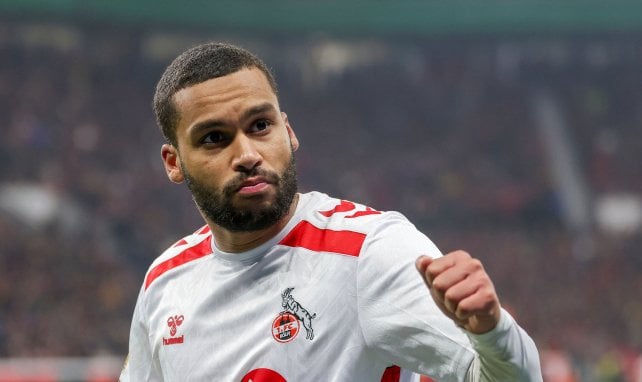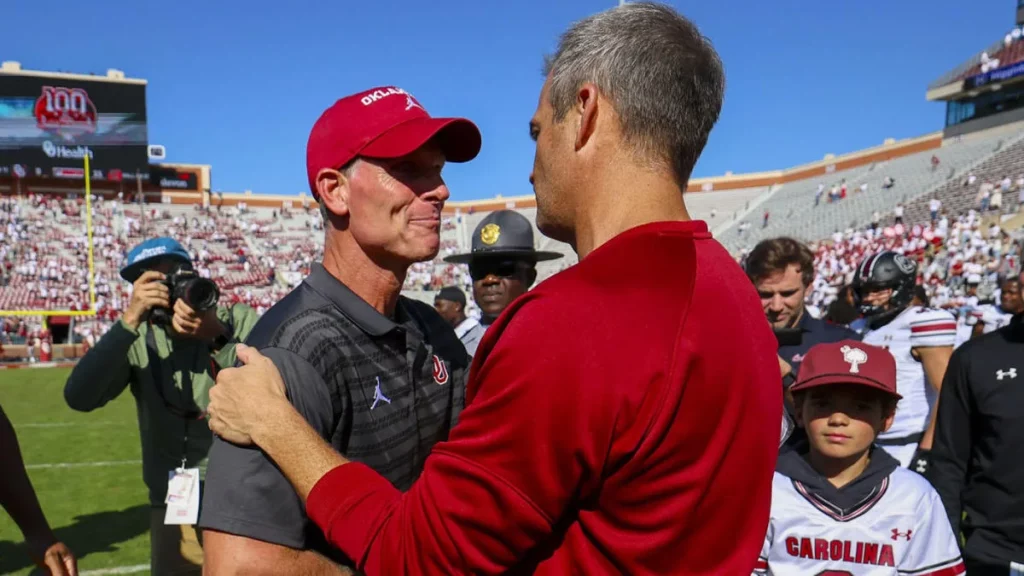
Brent Venables at Oklahoma: Feeling the Heat as Pressure Mounts
Oklahoma Sooners’ head football coach Brent Venables is experiencing rising scrutiny as the team’s recent performances have fallen short of expectations. Venables, who was appointed in December 2021, entered the role with high hopes from fans and administration alike. His experience as a defensive mastermind and his extensive tenure with the Clemson Tigers positioned him as a fitting successor to Lincoln Riley. Yet, as the 2023 season unfolds, Venables is finding himself under growing pressure to deliver the results that Oklahoma fans and stakeholders demand.
Expectations vs. Reality: A Tough Transition
When Venables accepted the head coach position, he inherited a program known for its high-octane offense, with an impressive legacy of bowl appearances, championships, and NFL-caliber talent. However, transitioning from Clemson’s defensive schemes to Oklahoma’s traditionally offense-focused strategy hasn’t been without challenges. The team’s inconsistency on both sides of the ball has led to losses that, in many fans’ eyes, should have been wins.
Oklahoma’s identity as a powerhouse, especially with their move to the SEC, has raised the bar. Fans and boosters expect the Sooners to be not just competitive but dominant. With mixed results thus far, Venables’ tenure has left many wondering if the alignment of his vision with Oklahoma’s traditional strengths can yield the desired outcomes.
A Shifting Landscape
Adding to the intensity is Oklahoma’s impending move to the Southeastern Conference (SEC), widely regarded as the toughest conference in college football. The shift to the SEC amplifies the pressure on Venables to create a competitive, battle-tested program that can hold its own against giants like Alabama, Georgia, and LSU. Given this looming transition, there’s a sense of urgency to build a team that can withstand the SEC’s rigorous demands, making each game feel like a test run for the future.
Critics and Supporters Weigh In
While some fans express frustration, others acknowledge the difficulty of transforming a team in just a couple of seasons. Defenders argue that Venables’ first two years should be seen as a transition period, with 2024 being a more accurate indicator of his impact. They emphasize the importance of stability and development, pointing out the coach’s successful track record at Clemson, where his defense contributed to two national championships.
However, critics argue that, even in a transitional period, the Sooners’ recent inconsistency is concerning. After all, Oklahoma isn’t accustomed to frequent losses, especially to unranked teams or rivals. Skeptics worry that Venables may not have the time to build a foundation if the downward trend continues.
What Lies Ahead
For Venables, the key to easing the pressure will be consistency and improvement. The Sooners still have a few big games left this season, giving the coach an opportunity to prove his mettle under challenging conditions. Wins against ranked opponents would bolster his credibility and might reassure both fans and the administration.
In addition to winning games, Venables faces the challenge of inspiring confidence in a long-term vision for the program. With the SEC transition on the horizon, Oklahoma’s future competitiveness hinges on whether the program can retain its strong recruiting class and implement a sustainable strategy for success.
Ultimately, Brent Venables’ future at Oklahoma may depend not just on wins and losses, but on the resilience he instills in the team, the trust he earns from his players, and his ability to unify a passionate fan base. For now, Venables remains under the microscope, navigating the tightrope between potential and expectation. As the season progresses, the pressure will only continue to build — and Venables will need every ounce of his experience to weather the storm and prove his worth to Sooner Nation.
